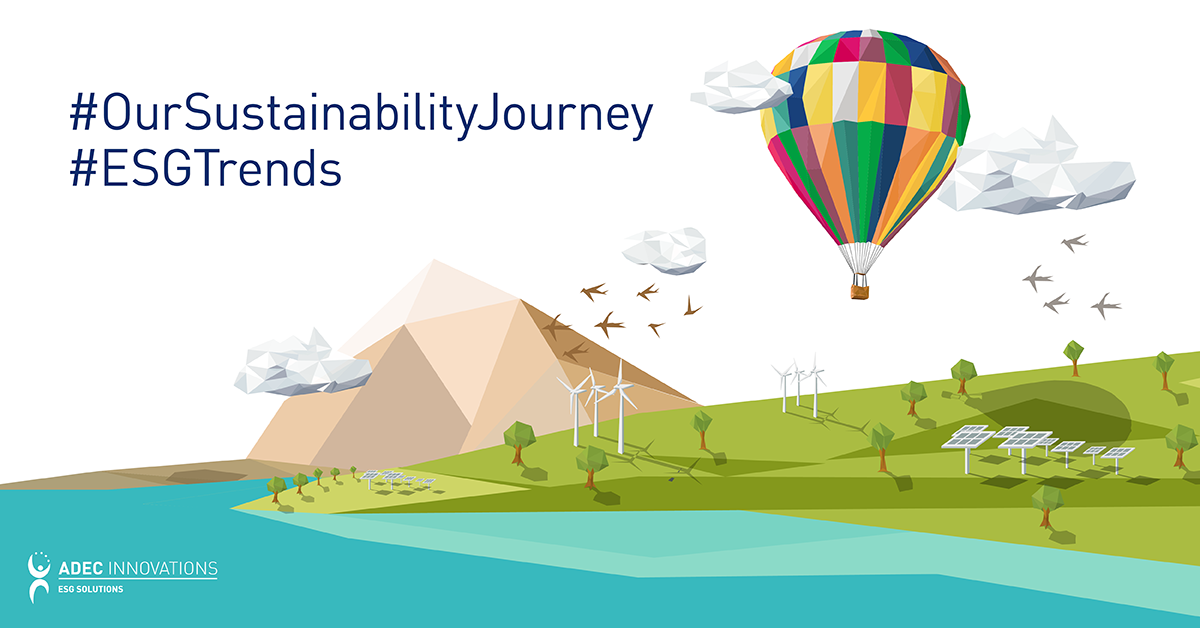Companies are beginning to see the importance of establishing efficient and innovative energy management systems, especially as they relate to mitigating the risks that directly affect how businesses operate. Industry experts note that recent technological advancements and innovations in energy efficiency strategies help industries grow and achieve healthier profits, by improving operational efficiency.
According to a McKinsey report on achieving a low-carbon future, world leaders are finding ways to reduce greenhouse gas (GHG) emissions in order to mitigate the global impact of climate change to economies and societies. The report also predicts a potential 70 percent decrease in GHG emissions by the year 2030 if every nation around the world were to start implementing energy efficiency strategies. Additionally, businesses can save up to 30% in energy costs annually with a sound energy plan. If this is achieved, the Intergovernmental Panel on Climate Change (IPCC) suggests that there is a good chance of restraining global warming below the two-degree threshold.
For organizations stepping up their game to become energy efficient, establishing an energy management system is not enough. Effective execution is just as important. A whitepaper titled Energy Management as a Corporate Strategy by the Uptime Institute and Osisoft list the “Three P’s” needed to implement energy management strategies. These are:
- People. This refers to the set of trained, motivated and empowered employees needed to accomplish energy efficiency programs. A highly qualified group of engineers, operators, analysts and technology professionals helps organizations formulate the best ways to manage various energy risks.
- Process. This is the set of standards and procedures that determine the efficiency of a company’s energy management program. Lack of proper energy management processes leads to little or no organizational benefit despite access to the right technology platform and skilled personnel.
- Platform. This refers to the tool used by a company to understand their energy performance drivers. An effective technology platform must adapt to the ever-changing business climate. Energy specialists need the right technology to perform their duty to identify energy waste and improvement opportunities for organizations.
As energy consumption is considered a main component of an organization’s overall business operations, it is critical for companies to develop energy management solutions and continuously advance their energy security goals. By effectively implementing energy-efficiency initiatives, global organizations can expect lower maintenance costs, reduced waste generation, an increase in production yield, safer working conditions for employees and a healthier profitability and return on investment (ROI) on energy projects.
FirstCarbon Solutions (FCS) is a global leader in providing Environmental, Social and Governance (ESG) solutions to help organizations manage risks associated with energy use. With industry expertise in providing Energy Management services, FCS helps global companies reduce carbon footprints and mitigate the impacts of global climate change. To learn more about how to start effectively managing your energy consumption, subscribe to the FCS blog.





